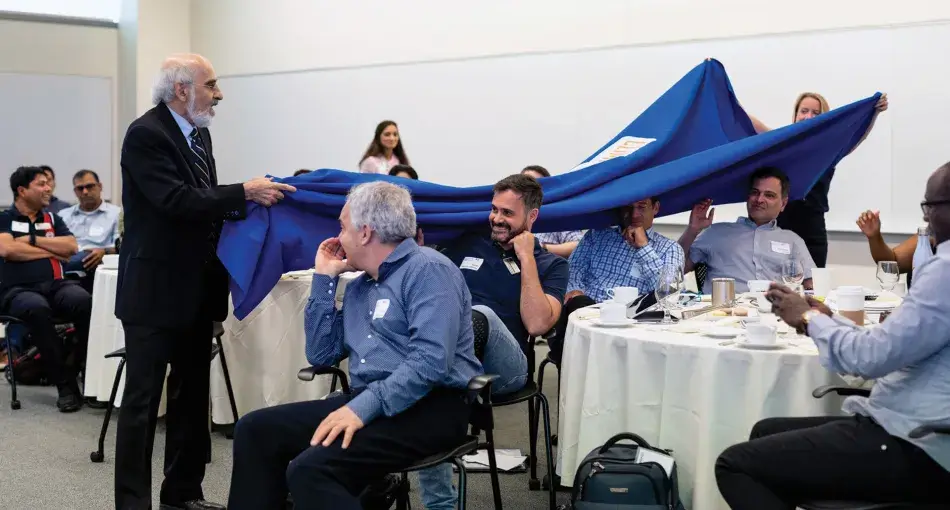Principle 8: After Priming an Accuracy Motivation, Encourage Audiences to Draw Their Own Conclusions
Asking an audience to focus on accuracy before presenting data can minimize motivated reasoning. Inviting the audience to examine the scientific data and draw its own conclusions serves that purpose.
As Bolsen and Druckman (2015) argue, “Instead of defending a prior belief, identity, or worldview, an accuracy motivation leads individuals to assess all available information objectively, even if it runs counter to one’s existing beliefs or identities.” When motivated to attend to a message, individuals will engage more deeply and evaluate it with a goal toward accuracy (Druckman and McGrath 2019). Priming accuracy goals can help thwart reasoning influenced by biases by inducing participants to correctly interpret data shown to them (Bolsen, Druckman, and Cook 2014; Jamieson and Hardy 2014; Bolsen and Druckman 2015; Hardy and Jamieson 2016; Flynn, Nyhan, and Reifler 2017).
Example 1: Engaging audiences through role-playing and simulation

Source: Sterman et al., n.d.
Developed by Climate Interactive, the System Dynamics Group at MIT Sloan School of Management, and the UMass Lowell Climate Change Initiative, the World Climate Simulation is an in-person group role-playing simulation in which over a three-or-so-hour period between six and forty participants play negotiators in a fictitious international climate summit representing countries and regional blocs that work to create an agreement that limits climate change by reducing greenhouse gas emissions. Their goal is achieving a global agreement that keeps climate change well below 2˚C, with under 1.5˚C the desired objective, the boundaries established by the Paris Agreement. Proposals are tested using a climate policy simulation model that provides participants with science-based feedback on the implications of their proposals for atmospheric carbon dioxide concentrations, global mean surface temperature, sea-level rise, and other impacts. World Climate enables participants to explore the dynamics of the climate and impacts of proposed policies in a way that is consistent with the best available peer-reviewed science but does not prescribe what should be done (Sterman et al., n.d.).
Effectiveness:
Juliette Rooney-Varga and her colleagues’ cross-national study found statistically significant gains among players in three areas: “(i) knowledge of climate change causes, dynamics and impacts; (ii) affective engagement including greater feelings of urgency and hope; and (iii) a desire to learn and do more about climate change.” Significantly, “Gains were just as strong among American participants who oppose government regulation of free markets—a political ideology that has been linked to climate change denial in the US—suggesting the simulation’s potential to reach across political divides” (Rooney-Varga et al. 2018).
The need:
Tie engaged participation to the creation, implementation, and monitoring of climate action plans in ways that demonstrate their possible effects on human well-being and a sustainable economy and ecosphere.